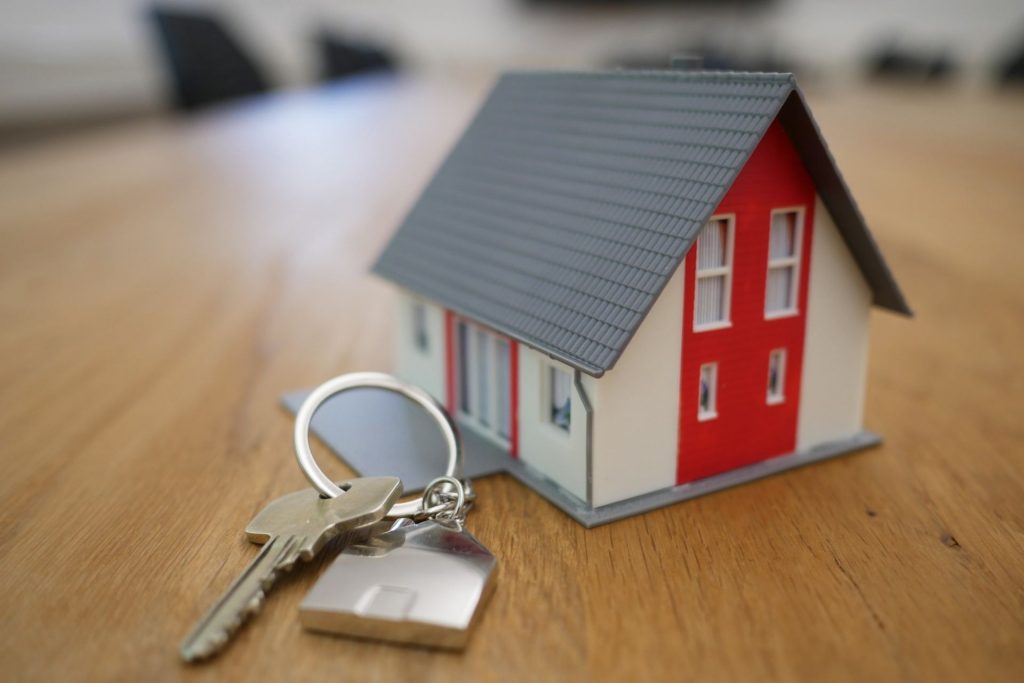
We are reader-supported. When you buy through links on our site, we may earn an affiliate commission.
So, you’re planning on selling your house, but you don’t know where to start. What is the average time to sell a house? What internal and external factors might influence the timeline? Should you make any renovations? This guide answers all of these questions and more. Make sure you have all the information before putting your house on the market.
Average Timeline
As of 2021, the average time to sell a house according to the National Association of Realtors is about 18 days, from the initial listing to the closing of the sale. However, this number can widely vary based on several major factors:
- Home’s Location
- Home’s Condition
- Asking Price
- State of the Housing Market
The key stages of selling a house can also vary in length:
- Listing the property
- Meeting with prospective buyers
- Accepting an offer
- Inspection and Appraisal
- Final price negotiations
- Closing the sale
The most prepared and fortunate sellers can complete the entire process in 18 days or less, but sometimes it can drag on for months. Here’s how you can
Navigating the Housing Market
The housing market was booming for sellers for the last few years, with lightning-fast sales and great prices all around. In late 2022 and into 2023, the housing market has slowed significantly and prices have hit the lowest since the 2008-09 recession.
The cost of living widely varies by state as well, so you might have to look for out-of-state buyers. If you’re looking to sell, you must choose between taking a risk now and waiting for the market to level out. The market probably won’t stabilize any time soon due to unstable economic conditions.
Home Value Estimation
The average time to sell a house largely comes down to the house’s value. You can get a rough estimate of your home’s worth by researching the market outcomes of “comparable homes”, or homes with similar features that recently got sold. This strategy gives you a clearer picture of your home’s price range based on several important factors:
- Square footage
- Outdoor space
- Neighborhood safety and activities
- Bed and bath options
- Unique features (garage, shed, deck, patio space, etc.)
You must also make sure you have enough equity to handle the potential expenses of selling a home:
- Renovations
- Housing overlap
- Moving costs
- Real estate agent commissions
- Unfinished mortgage payments
Above all, your home’s condition is the most important thing. Homes with extensive damages could take several months to sell. Homes in stable condition could reach a successful sale in a matter of weeks.
Long-Term Considerations
You also need to consider your long-term plans. Does selling your house align with your budget, family plans and career goals? If the selling process takes longer than expected, it could interfere with these other important tasks. You must carefully consider the most opportune time to sell your home.
Home sales tend to increase during the summer in most locations, but this trend is not universal. Interest rates, home price appreciation, economic and social unrest could extend your timeline. The rising prices of food, fuel and other everyday essentials could cause significant delays in finding a serious buyer.
Preparing Your Home for Sale
Even if you’re not planning to sell in the upcoming months, you should still prepare your home for the market. No repairs or renovations are technically required, but many small changes will help raise your home’s value. Here are some high ROI repairs that can make a huge difference:
- Reorganize to emphasize the home’s square footage.
- Add new fans or an HVAC system to cleanse the home’s air quality.
- Boost the house’s curb appeal with a landscaping makeover.
- Fix minor problems such as drafts, leaks, creaky doors, etc.
Making these changes now will ensure that your home is ready to sell at the most opportune time. It might not happen in a month or even a year, but you need to be prepared.
Selling a Home is an Emotional Experience
Emotions tend to run high during the selling process, which can cloud your judgment and negatively impact your negotiations. You must think of yourself as a businessperson and objectively gauge your home’s value. Many factors can influence the average time to sell a house, but your decisions are more important than all of them.










